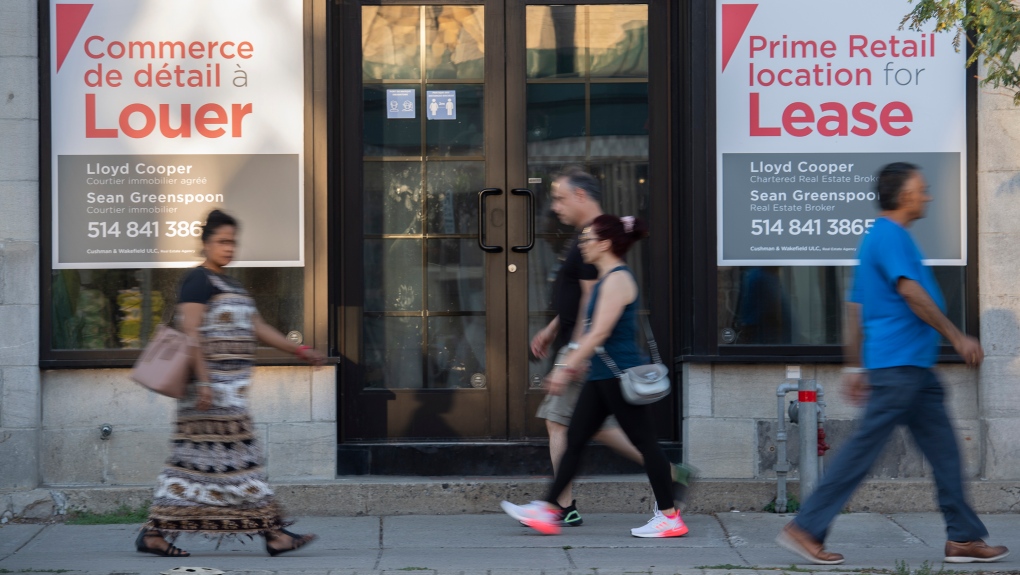- cross-posted to:
- [email protected]
- cross-posted to:
- [email protected]
Once, I was in a sandwich shop in the Netherlands, ordering in English (as I don’t speak Dutch). The fellow behind the counter had excellent English. When he heard my friend and I speak to each other in French, he switched to French, and it was nearly as good as his English.
That’s a guy working in a sandwich shop, speaking at least three languages rather fluently. Heck, he probably speaks a bit of German too, seeing as we were close to the border with Germany. It blew my mind as a Canadian who’s used to people being stubbornly unilingual.
Speaking more than one language is so cool. It’s good for your brain, it helps one understand the structure of language better, it opens up doors to new cultures and ideas. I truly don’t understand why so many anglophones (and, if I’m being honest, a good number of francophones in Québec) are so opposed to the idea of bilingualism.
///
Une fois, j’étais dans une shop à sandwich aux Pays-Bas, passant ma commande en anglais (étant donné que je ne parle pas le néerlandais). Le gars derrière le comptoir parlait très bien l’anglais. Quand il a entendu mon amie et moi parler français ensemble, il a changé à un français presque aussi bon que son anglais.
C’est un gars qui fait des sandwich, qui parle couramment un minimum de trois langues. Crisse, il parle probablement aussi un peu l’allemand vu qu’on était proche de la frontière avec l’Allemagne. Ça m’a ébloui en tant que canadien•ne habitué•e aux gens qui s’entêtent à ne parler qu’une langue.
Parler plus qu’une langue, c’est tellement cool. C’est bon pour le cerveau, ça t’aide à mieux comprendre les structures de la langue, ça ouvre des portes à de nouvelles idées et cultures. Je ne comprend réellement pas pourquoi tant d’anglophones (et, pour être honnête, un bon nombre de francophones du Québec) sont si opposé•es à l’idée du bilinguisme.
The area and time I grew up in had zero non-English classes until high school! Literally just skipping the most beneficial periods of language learning. It was only required that we take 1 year of a foreign language to graduate, and that’s not really enough time to be proficient (or it wasn’t the way we were taught, anyway).
I’ve been casually learning Spanish for the past few years, and doing it on your own as an adult without paying for courses is hard, especially if your native language is in a different language family. I can definitely understand why people who emerge from the school system monolingual just stay that way.
might have something to do with being a (former) colonial empire and having a habit of looking down on other cultures. I’m Russian and we have the same problem
I think part of it is the English/French rivalry here; I’m in Alberta and I know more people who can speak Spanish than French.
The title and the poll don’t match?
The poll was on whether Canadians think Canada should be officially bilingual. Outside Quebec, the majority of people polled don’t— which is part of the reason why official bilingualism is important.
Is official bilingualism a myth? They’d have to poll for whether those in jobs that have a bilingual requirement are actually bilingual to answer that question.
Personally, I also question the validity of the poll, as the population sample could be really easily skewed depending on how the poll was performed.
What are you talking about. Everyone knows polls are the best way to determine what is or is not a myth. That’s why that TV show Mythbusters failed so miserably and is off the air now. Too much fiddly experimentation and sciency mumbojumbo, and not nearly enough polls. It really helps if the polls ask pointed questions about hot button issues with little to no context also… So people aren’t confused or have to think too much (which also is a form of dishonesty when you think (but not too much) about it). Pretty sure there is a poll out there somewhere that confirms this.
To be fair, I think Mythbusters went off the air because Discovery would no longer pay their explosives bill. The focus on sciency mumbo jumbo was secondary.
Knowledge of the two official languages is largely determined by geography. Nearly 95% of Quebecers can speak French, but only 40.6% speak English. In the rest of the country, 97.6% of the population is capable of speaking English, but only 7.5% can speak French.[89]
(from https://en.wikipedia.org/wiki/Official_bilingualism_in_Canada#Personal_bilingualism_in_Canada)
Jesus fuck, those numbers are abysmal.
Wait until PSPP wins the next election and the PQ sets up another independence referendum. Then suddenly the Rest of Canada will remember that no actually the do love french and they do value bilingualism and that actually french language and culture are super duper important for the Canadian national identity.
At this point, limit bilingualism requirement to provinces touching Quebec…
A new poll reveals a stark divide between Quebec and the rest of Canada about whether the country should be bilingual.
That difference being that Quebec thinks that Canada should be monolingual (French) and the rest of Canada (except Alberta) thinks that it’s ok being bilingual (english & french)
/s … but is it?
It feels like Quebec trying to keep French a main language in Canada is like trying to hold back a flood with Popsicle sticks. Its use is increasingly confined to just their one territory and practically no one there exclusively speaks French.
There’s just under 3 million francophones in Canada outside Québec, and only around 47% of people in Québec are French-English bilingual (which is still the highest rate of any province, to be fair).
There are francophone communities all across the country, from BC to PEI, from Yukon to southern Ontario. There’s also a substantial percentage of people in Québec who are unilingual francophones.
Removed by mod









